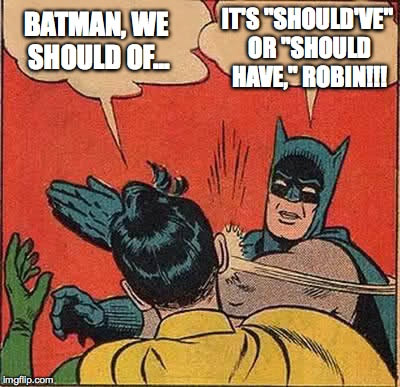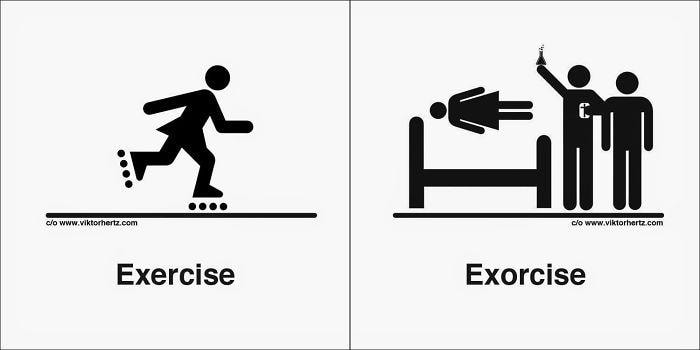AuthorHi, I'm Ray Evans. I'm a certified copyeditor and proofreader. Archives
September 2023
Categories |
Back to Blog
Ah, homophones. Those sneaky little devils that can wreak havoc on even the most well-written piece of prose. Homophones are words that sound the same but have different meanings and spellings. You know, like "there" and "their," or "to," "too," and "two." Now, I know what you're thinking. "Big deal, Ray. It's just a few little words. What harm could they possibly cause?" Well, my dear authors, let me tell you - a LOT of harm. Example:"Jim and I went to Sarah’s house to exercise the ghosts.” From this sentence, can you tell if whether Jim and the speaker are priests who are going to drive out some pesky poltergeists from poor Sarah’s house? Or are Jim and his friend are paranormal personal trainers and the ghosts are just out of shape and they’re going to spend the afternoon doing pilates or hot yoga with them so they spend their afterlife toned and in shape? No one really knows! ⚠️🚨Misusing homophones can make your writing confusing, unclear, and downright unprofessional.Imagine a reader trying to make sense of a sentence like, "Their going to the store two buy some bread." Are they going to the store to buy some bread? Is there a person/persons called "their" who are going to buy some bread? Is there some sort of mystical bread-buying ritual that involves the number two? Who knows! Not only does this kind of mistake make your writing hard to understand, it also makes you look like an amateur. And in the cutthroat world of fiction writing, that's a death sentence. Readers want to feel like they're in good hands, like they're being guided through a story by a skilled and knowledgeable writer. They don't want to feel like they're slogging through a swamp of grammatical errors and confusion. And let's not forget about the all-important Amazon reviews. One or two slip-ups with homophones, and you'll be seeing those one-star ratings pile up faster than you can say "there, their, they're." It's not just about sales - it's about your reputation as a writer. So, my dear authors, do yourselves a favor and double-check those pesky homophones. Read your writing out loud, use spell-check, and if all else fails, consult a dictionary. Your readers (and your bank account) will thank you 🤑 Quick Reference: Common Homophone ListTo end this section here’s a list of common homophones you should look out for (Grammarly, above, and spell-check often miss these too!): Bear/Bare They’re/Their/There No/Know Already/All ready rays/raise/raze Stare/Stair hole/whole to/too/two peace/piece here/hear brake/break here/hear complement/compliment stationary/stationery you’re/your heard/herd pray/prey discrete/discreet
0 Comments
Read More
Your comment will be posted after it is approved.
Leave a Reply. |
 RSS Feed
RSS Feed


